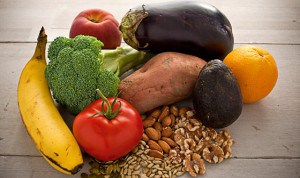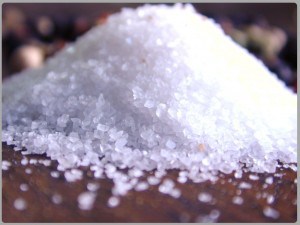Whether you are training for your first marathon or your fiftieth, nutrition is one of the most important components to your plan. There are hundreds of plans to choose from, but finding the right one for you is key to achieving optimal performance.
Gone are the days of endless bowls of pasta to keep you in top running shape. Carbohydrates are absolutely important, but they can take many forms. Protein is also equally important for the marathoner in training. Balancing these can be difficult, but it is certainly not rocket science.
The number one rule for runners at all stages of training is to eat naturally healthy products that balance fat, carbs and protein effectively. Plant based foods are ideal fuel for the demands of marathon training.
Seeds and nuts are ideal protein rich foods that offer a balance of fiber and energy packed food fit for an athlete. Plant based foods also tend to be high in water content, which aids in hydration.
Pastas and grains are certainly not off limits, but they should not be the main focus of each meal. Many runners make the mistake of letting pastas monopolize their menus while leaving out important nutrients and calorie rich foods that aid in muscle rebuilding, digestion and hydration.
These mistakes tend to keep the runner going on energy blasting foods that do not have the nutritional longevity required for the demands of distance training.
Running guru Jeff Galloway offers the basic tips that apply to every runner from newbie to seasoned racer. Eating small meals frequently throughout the day is the best way to keep your body fueled and burning fat. This is also ideal for muscle rebuilding, as your body will need protein following a training run or speed workout.
Once the tissue breaks down, lean protein such as peas, fish or chicken is ideal to start the repair process. Pre-workout snacks such as seeds, nuts, berries or whole grains are great to boost energy and keep you full during your workout. Running on an empty stomach only leads to fatigue and cramping.
Avoid excess sodium, but some salt is advisable to stave off cramps and other problems associated with nutrient loss during distance training. When you push your body to the limits of 4-5 hour workouts, you lose salt through your sweat. This should be replaced in very moderate amounts to prevent cramping.
I once had a coach insist that we keep salt packets in our belts. While I still cannot stomach the thought of downing a salt packet on the trail (or anywhere for that matter) I do advise new runners to keep pretzels or crackers on hand during a training run that extends longer than 12 miles.
The other most important rule of thumb for runners is to hydrate constantly. I am not kidding when I say constantly. I used to drink a minimum of 2 gallons of water per day during peak training season, especially in warm weather. Do not count on water rich foods to do the work for you; drink up and stay hydrated for those long runs.
This article was written for RunnersGoal.com by Kari H., a guest author.




Comments are closed.